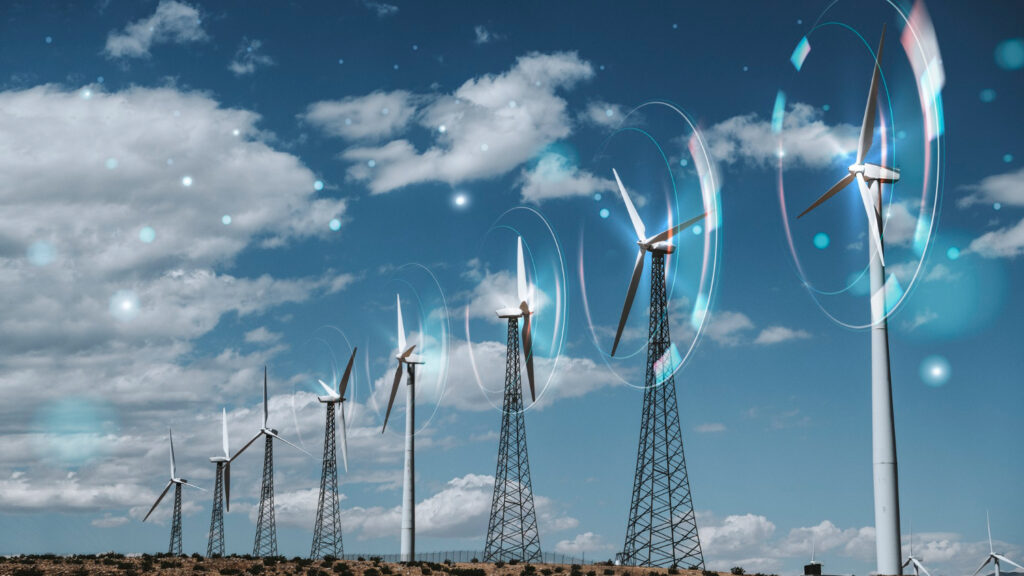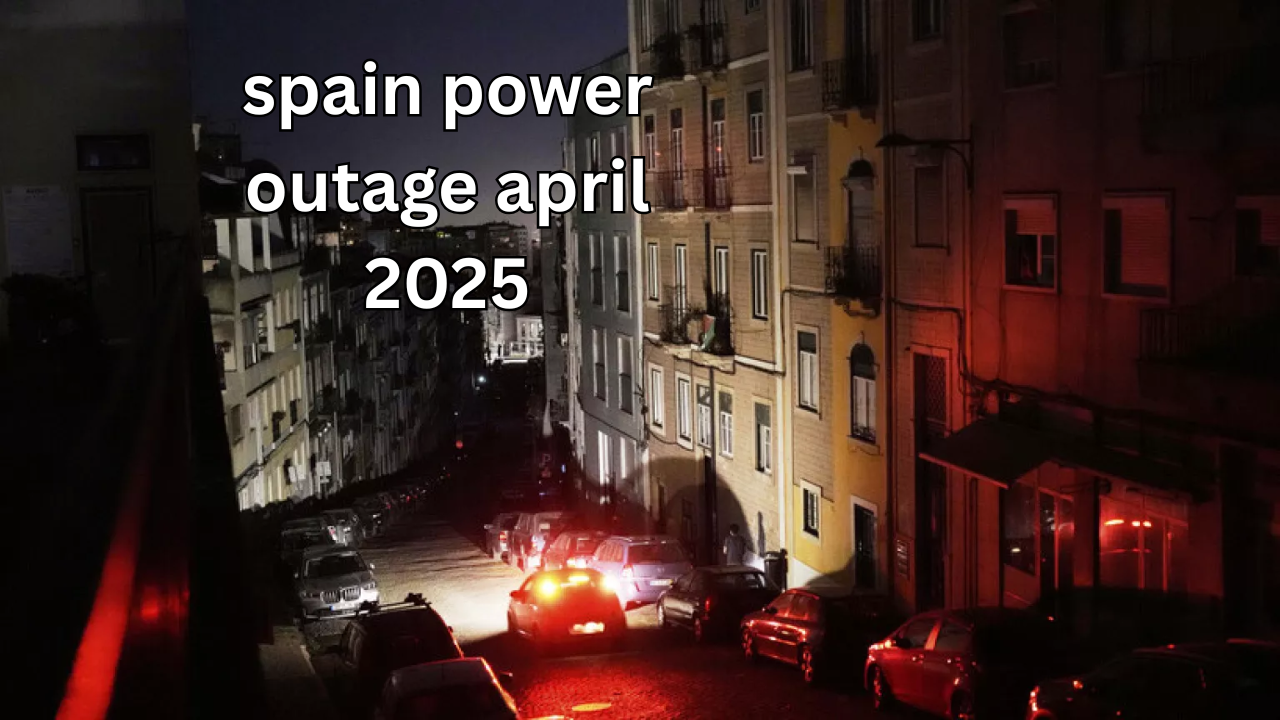A Closer Look at Spain’s Massive Power Outage in April 2025
Spain Power Outage April 2025 – In April 2025, Spain experienced one of the most significant power outages in its recent history. Spanning across multiple regions and affecting millions of residents, the Spain power outage in April 2025 was not just an inconvenience—it was a wake-up call for the nation’s energy infrastructure. For nearly 48 hours, various parts of the country went without electricity, paralyzing businesses, halting public transport, and raising serious concerns about national security and preparedness.
Timeline of the Outage and Regions Affected
The blackout first struck on April 16, 2025, at approximately 2:00 PM local time, marking the start of a nationwide disruption. What initially seemed like a minor grid fault quickly escalated into a national crisis. By 6:00 PM the same day, reports confirmed blackouts in Madrid, Barcelona, Valencia, Seville, Zaragoza, and Bilbao, among other areas.
The outage lasted for more than two days in certain provinces, especially in rural and mountainous regions, where power restoration took significantly longer. In certain areas of Andalusia and Extremadura, power supply remained unstable for up to three days following the initial outage.

Main Causes Behind the Blackout
Initial investigations by Red Eléctrica de España (REE)—the national grid operator—revealed that the power outage was triggered by a massive cyberattack targeting the country’s energy management systems. Hackers exploited vulnerabilities in the SCADA (Supervisory Control and Data Acquisition) systems, causing an overload and eventual collapse of the high-voltage transmission grid. “Spain Power Outage April 2025“
According to cybersecurity experts, the attackers used a multi-vector intrusion method, likely originating from outside the European Union. While no specific country was officially blamed, intelligence agencies suspect that it may have been a state-sponsored operation aimed at testing Spain’s cyber resilience.
Immediate Impact on Daily Life and Economy
The Spanish power outage in April 2025 disrupted nearly every aspect of daily life. Here are some of the immediate effects observed nationwide:
- Public transit collapsed as metro services in both Madrid and Barcelona were brought to a standstill. Flight operations faced significant delays at airports due to the partial failure of backup power systems.
- Communication Disruptions: Mobile networks and internet providers faced service interruptions. Emergency hotlines were overwhelmed.
- Hospitals on Backup: Hospitals had to switch to emergency generators. Some non-urgent surgeries were postponed, and outpatient departments were temporarily closed.
- Food Supply Issues: Refrigerated items in supermarkets spoiled. Logistics chains for perishable items were disrupted.
- Educational Institutions Closed: Schools and universities were shut down, with online learning not being an option due to connectivity issues.
The economic toll of the outage is estimated to be around €3.2 billion, making it one of the costliest power failures in Spanish history.

Government Response and Public Reaction
The Spanish government declared a state of emergency within 12 hours of the outage. Prime Minister María González addressed the nation, promising transparency and swift action. In coordination with the European Union and NATO, Spain launched a full-scale investigation into the breach.
Public reaction was mixed. While some citizens appreciated the quick communication from government officials, many criticized the lack of preparedness and questioned why such a vulnerability existed in the first place. Social media was flooded with hashtags like #SpainBlackout2025 and #PowerCrisis, which trended for days.
Major cities witnessed widespread public demonstrations, as citizens called for enhanced cybersecurity protections and urged authorities to take responsibility for the energy crisis. Some citizens even reported price gouging from private generator sellers, prompting investigations into unethical business practices.
The Role of Renewable Energy and Grid Fragility
A key contributor to the extended duration of the blackout was Spain’s increasing dependence on renewable energy sources such as solar and wind power. While these sources are environmentally friendly, they are also intermittent and require advanced grid-balancing technologies to be effective.
The cyberattack specifically targeted these balancing systems, making it difficult for REE to stabilize the grid once it went down. Experts now suggest that while renewable energy remains essential for Spain’s future, investment in smart grid infrastructure is equally important to ensure reliability.

How Businesses Coped With the Outage
Small and large businesses alike faced significant losses. Restaurants and cafes that depended on refrigeration were forced to discard large quantities of stock. Manufacturing plants were shut down, and online services from Spanish companies faced global outages.
However, some businesses showcased resilience. Companies with hybrid workforces asked employees to operate from unaffected regions. Online retailers responded by providing refunds or lengthening delivery timelines to accommodate the disruption. Insurance firms also played a critical role in covering business interruption losses, although claim processing delays were reported due to high demand.
Long-Term Effects on Policy and Infrastructure
Following the Spanish power outage of April 2025, the government has rolled out a national energy resilience strategy. Key elements include:
- Upgrading critical grid infrastructure with advanced cybersecurity protocols.
- Investing in decentralized energy storage to reduce dependency on the main grid.
- Mandatory cyber audits for all utility providers.
- Funding for research and development in AI-driven energy grid stabilization.
Spain is also working alongside the European Union under the Cyber Resilience Act to implement tougher regulatory standards and enhanced monitoring protocols.
Lessons Learned from the April 2025 Blackout
The blackout taught Spain—and by extension, many countries—several crucial lessons:
- Cybersecurity is national security: Power grids are now a frontline in the digital age, and their protection is as critical as military defense.
- Preparedness saves lives: Countries must invest in early-warning systems and conduct regular infrastructure stress tests.
- Public awareness is vital: Citizens should be educated on emergency preparedness, including how to respond during power outages.
These lessons are expected to shape not just Spain’s energy future but also influence global conversations about infrastructure resilience.

What the Future Holds for Spain’s Energy Sector
Spain’s energy sector is now at a crossroads. While the nation remains committed to its 2030 green energy goals, the focus has shifted towards building a smarter, more resilient grid. With increasing global cyber threats and climate-related challenges, Spain is planning to integrate AI, blockchain, and edge computing into its energy management systems.
Moreover, the government is proposing legislation to incentivize local energy generation, such as rooftop solar installations and community microgrids, to reduce dependency on the national grid.
Conclusion
The Spain power outage in April 2025 was more than just a blackout—it was a turning point for the country’s energy and cybersecurity policy. It exposed vulnerabilities but also paved the way for innovation and reform. As Spain moves forward, the lessons learned from this unprecedented event will be vital in building a stronger, safer, and more resilient energy future.
From chaos to clarity, Spain’s experience serves as both a warning and a roadmap for the rest of the world. In an era where infrastructure can be disrupted with a few lines of malicious code, preparation, innovation, and vigilance are the only paths forward.
Also Read: What is a Ranker? The Complete Guide to Understanding and Using Rankers in the Digital World






One Comment